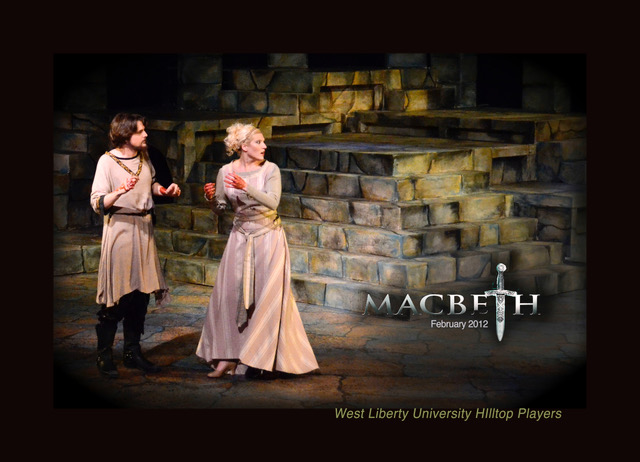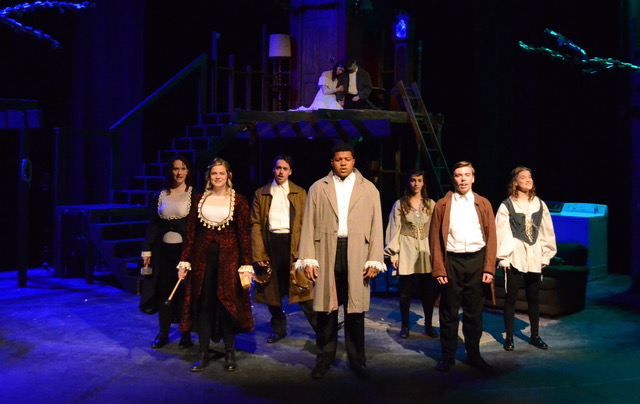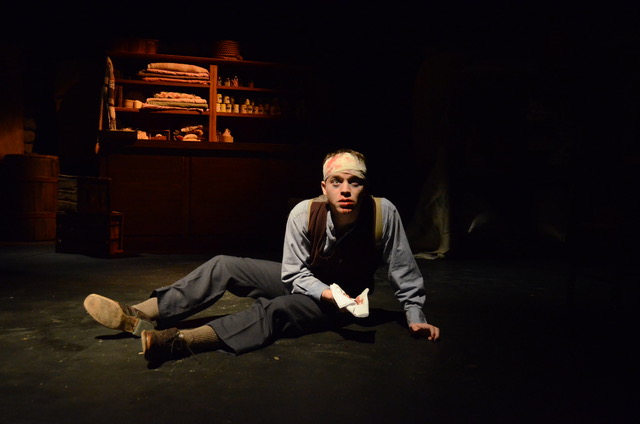



The Hilltop Players
For more than a century, the Hilltop Players have been at the heart of West Liberty University’s artistic life. The Kelly Theatre is a place where stories are shared, voices are celebrated, and communities are brought together. We are proud to carry on a tradition of excellence while embracing the evolving role of theatre in today’s world.
Our Mission
West Liberty University Theatre is dedicated to creating bold, imaginative, and inclusive theatre that challenges, inspires, and entertains. We empower students to grow as artists, collaborators, and leaders—on stage, behind the scenes, and beyond the footlights. Through education, performance, and community engagement, we cultivate a space where creativity thrives and stories matter.
Our Guiding Principles
Open Doors & Welcoming Spirit
We believe theatre is for everyone. Our productions aim to reflect the richness of human experience and invite all audiences to feel at home in our theatre.Collaboration & Community
Theatre thrives on teamwork. We bring together students, faculty, staff, and neighbors to create something greater than the sum of its parts.Innovation & Tradition
We respect the classics while championing new ideas and creative approaches that connect with today’s audiences.Learning by Doing
Every rehearsal and every performance is a chance for students to practice, discover, and grow—skills that serve them long after the curtain falls.Engagement & Conversation
Theatre sparks thought and dialogue. Our work is designed to resonate with the campus and the wider community, encouraging reflection and connection.
Join Us on the Hilltop
Whether you’re a student stepping onto the stage for the first time, an audience member looking for an unforgettable evening, or a supporter who believes in the transformative power of the arts—you have a place in the Hilltop Players family.